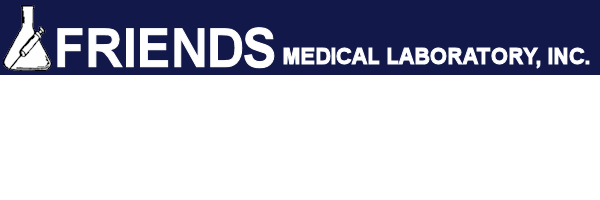What is Ethyl Glucuronide (EtG) ?
Ethyl Glucuronide (EtG) is a metabolite of alcohol and accounts for a very small percentage of alcohol metabolisms. It is formed in the body as a consequence of alcohol consumption. There is essentially no EtG present in the urine unless alcohol is consumed.
What are the advantages for testing for EtG over traditional urine alcohol testing?
EtG offers a much longer window of detection after the consumption of alcohol as compared to traditional testing in urine. Among individuals who are not alcoholics participating in a controlled drinking study, ethanol has been detected in urine samples for up to 24 hours after drinking approximately the equivalent of six 12 ounce glasses of beer. EtG was measured in urine samples up to 80 hours after heavy alcohol use.
What about Fermentation versus Consumption?
Fermentation in a urine sample may lead to a positive alcohol test since glucose and yeast may be present in the urine. Fermentation with this scenario is especially possible if a urine sample is stored or shipped without refrigeration. Since EtG is only created during the metabolism of ethanol, there is no potential for a positive EtG result due to fermentation.
What level of testing is used for EtG?
It is advisable to question individuals with EtG 100-360, knowing that incidental exposure is possible in this range (mouthwash, cough medicines containing ethanol, hand sanitizers, etc). Therefore, Friends Lab uses a cut-off level of 500ng/ml to screen for EtG. It is only positive in urine when alcohol is consumed (and combines with Glucuronide in the liver).
For More Information
Lab Tests for Alcohol Abuse: SAMHSA Advisory
The Role of Biomarkers in the Treatment of Alcohol Use Disorders, 2012 Revision



